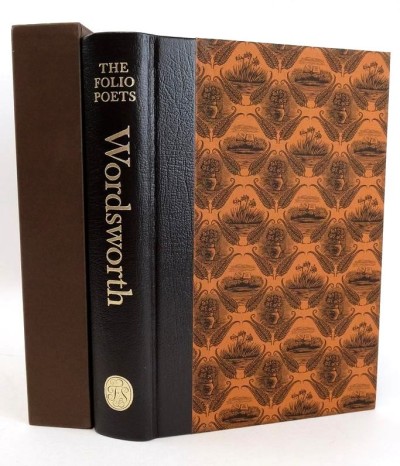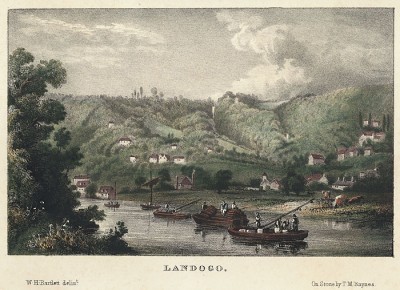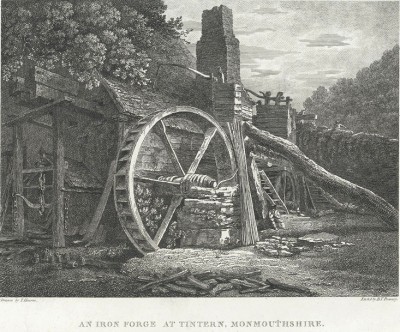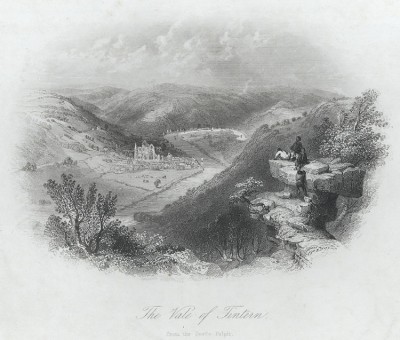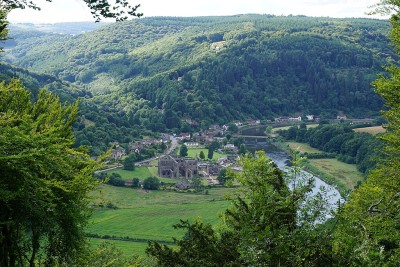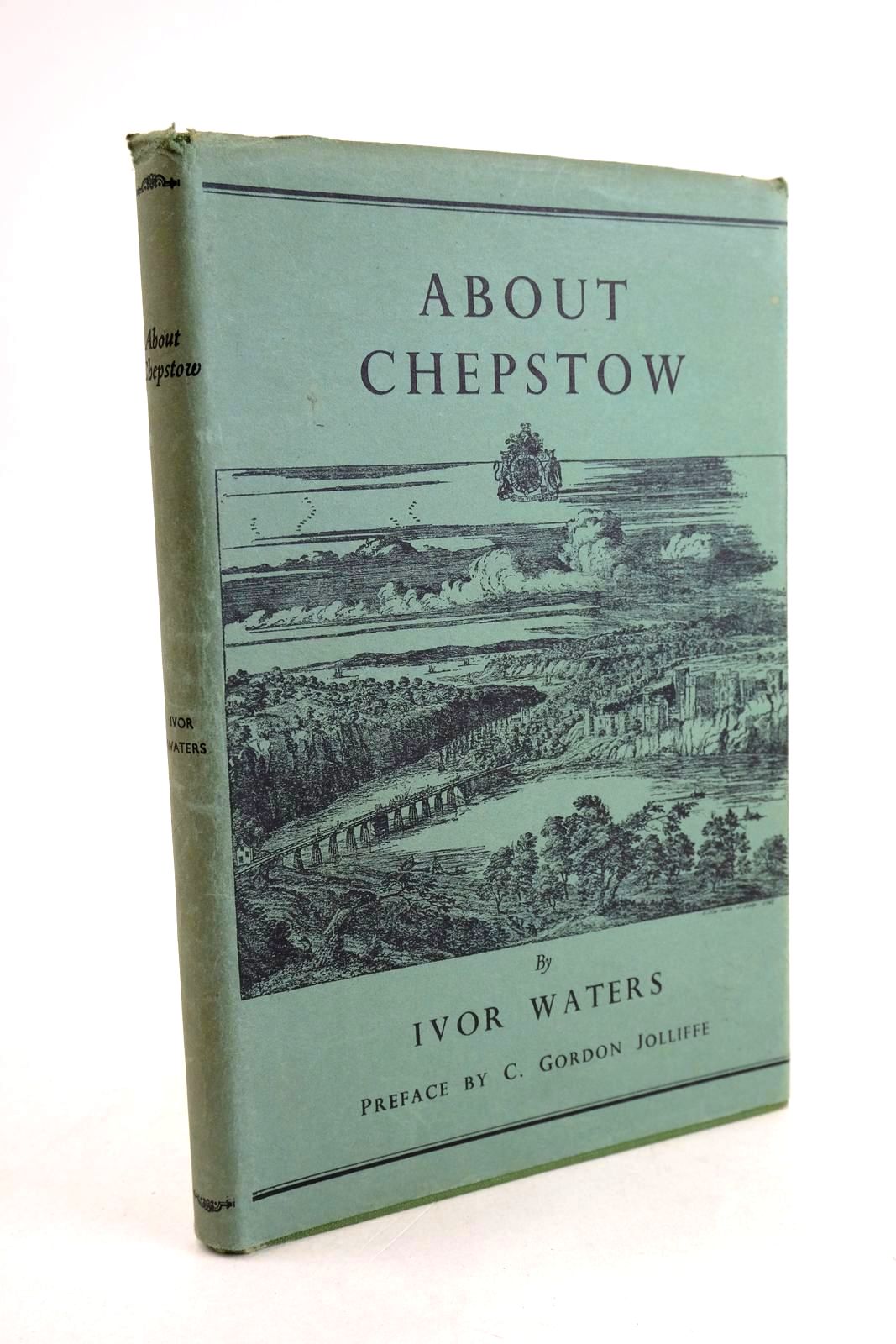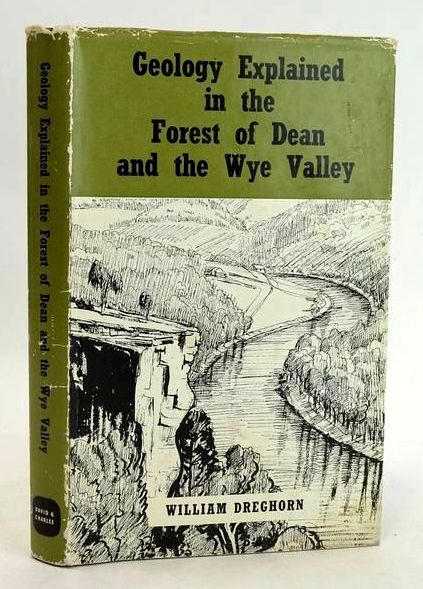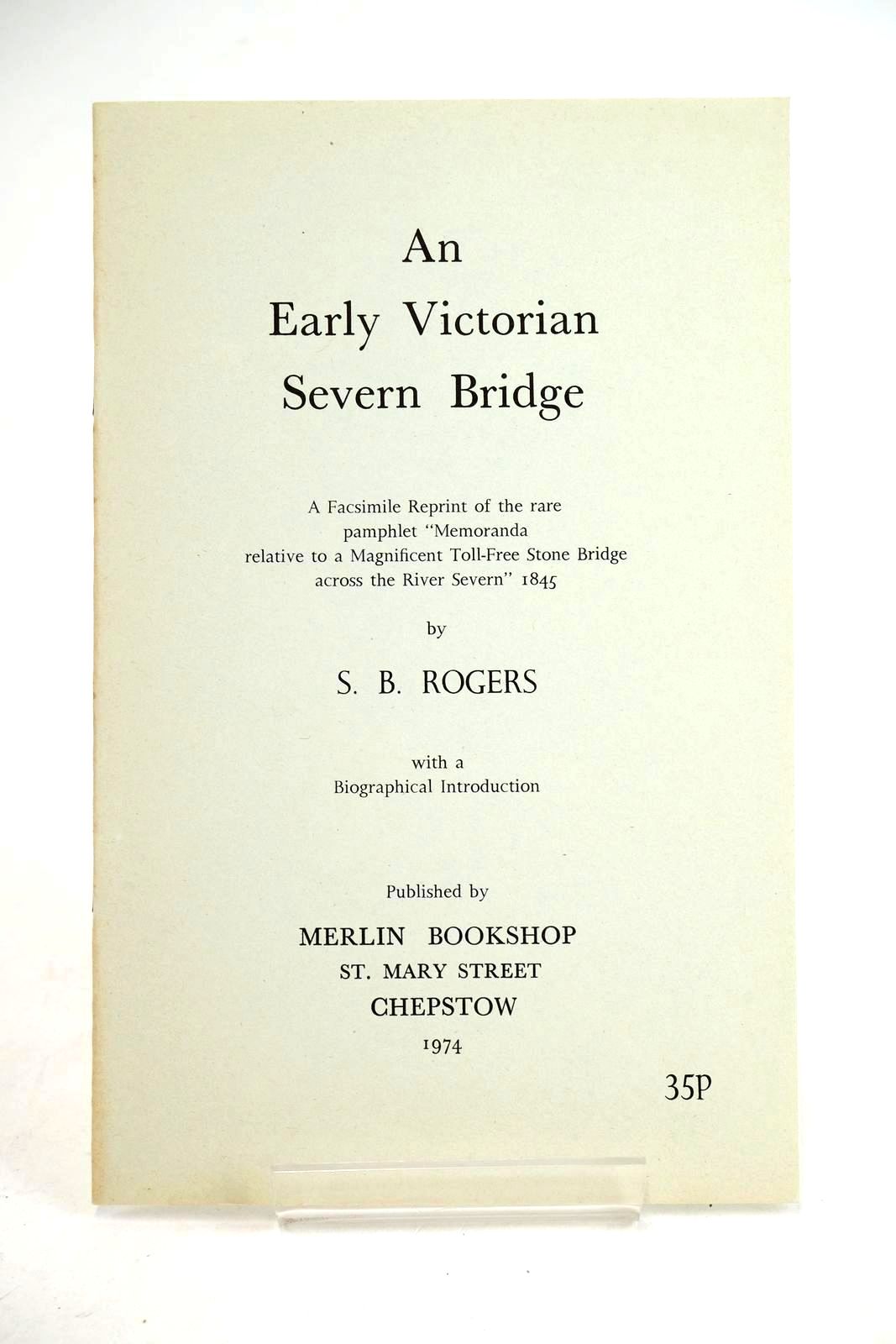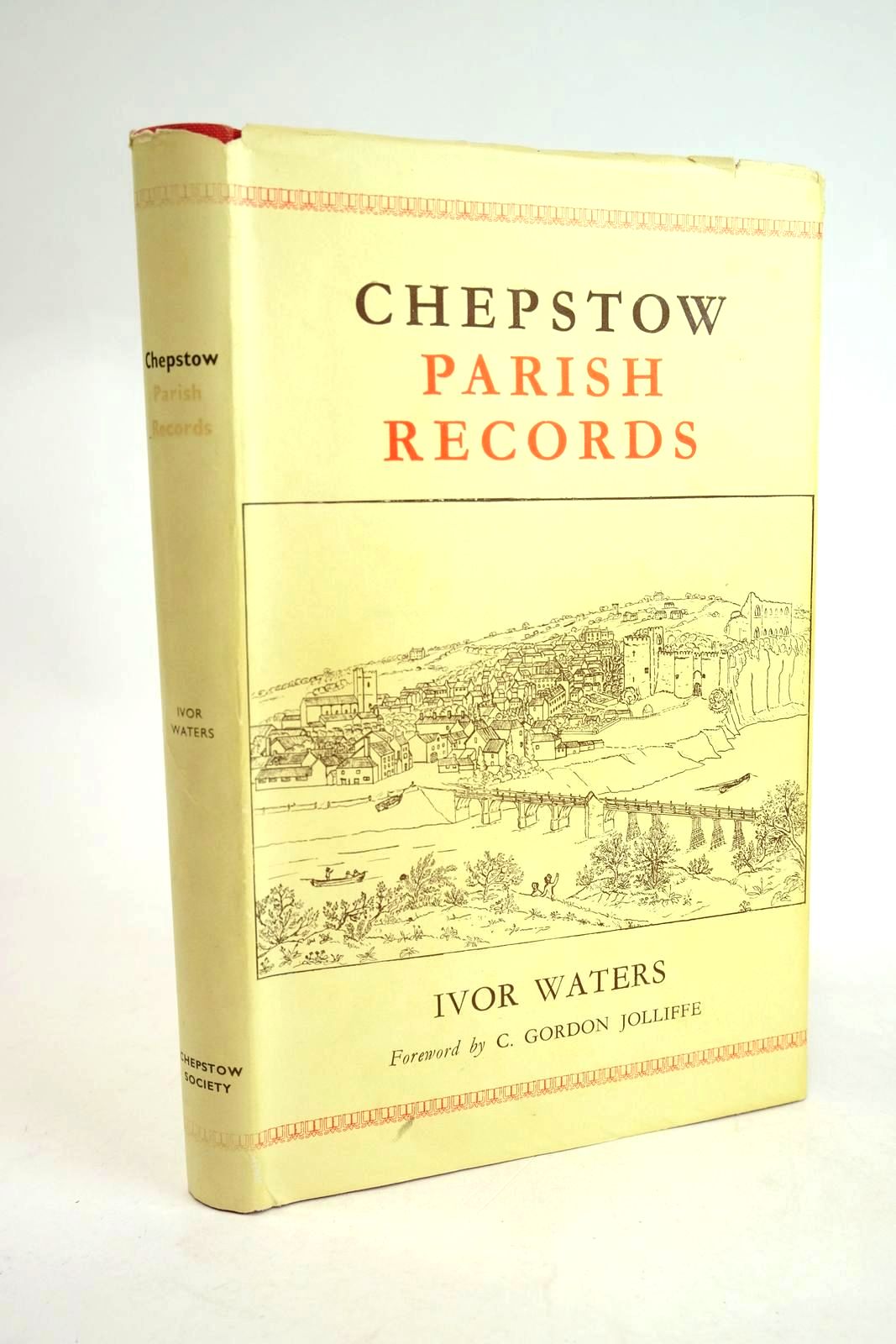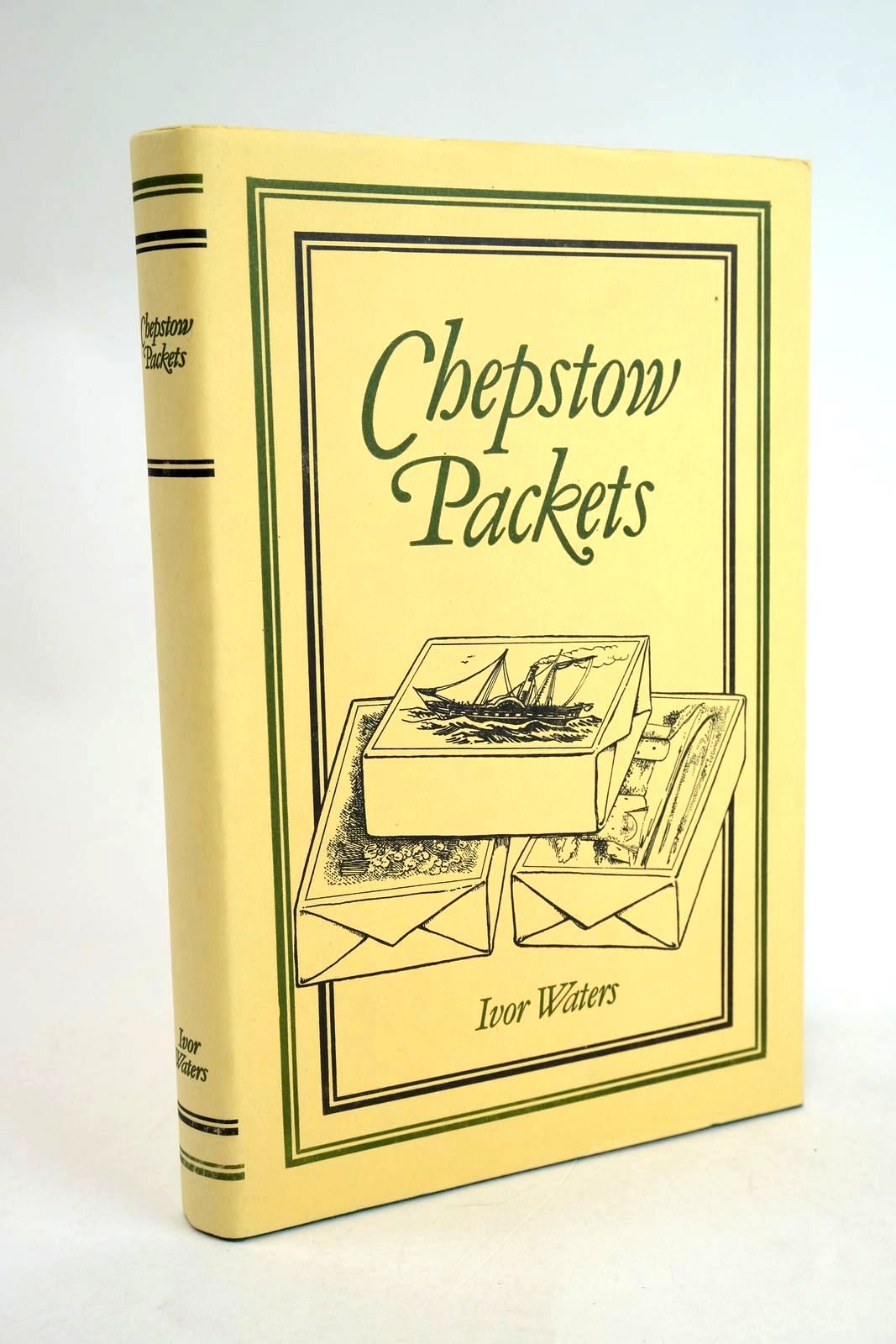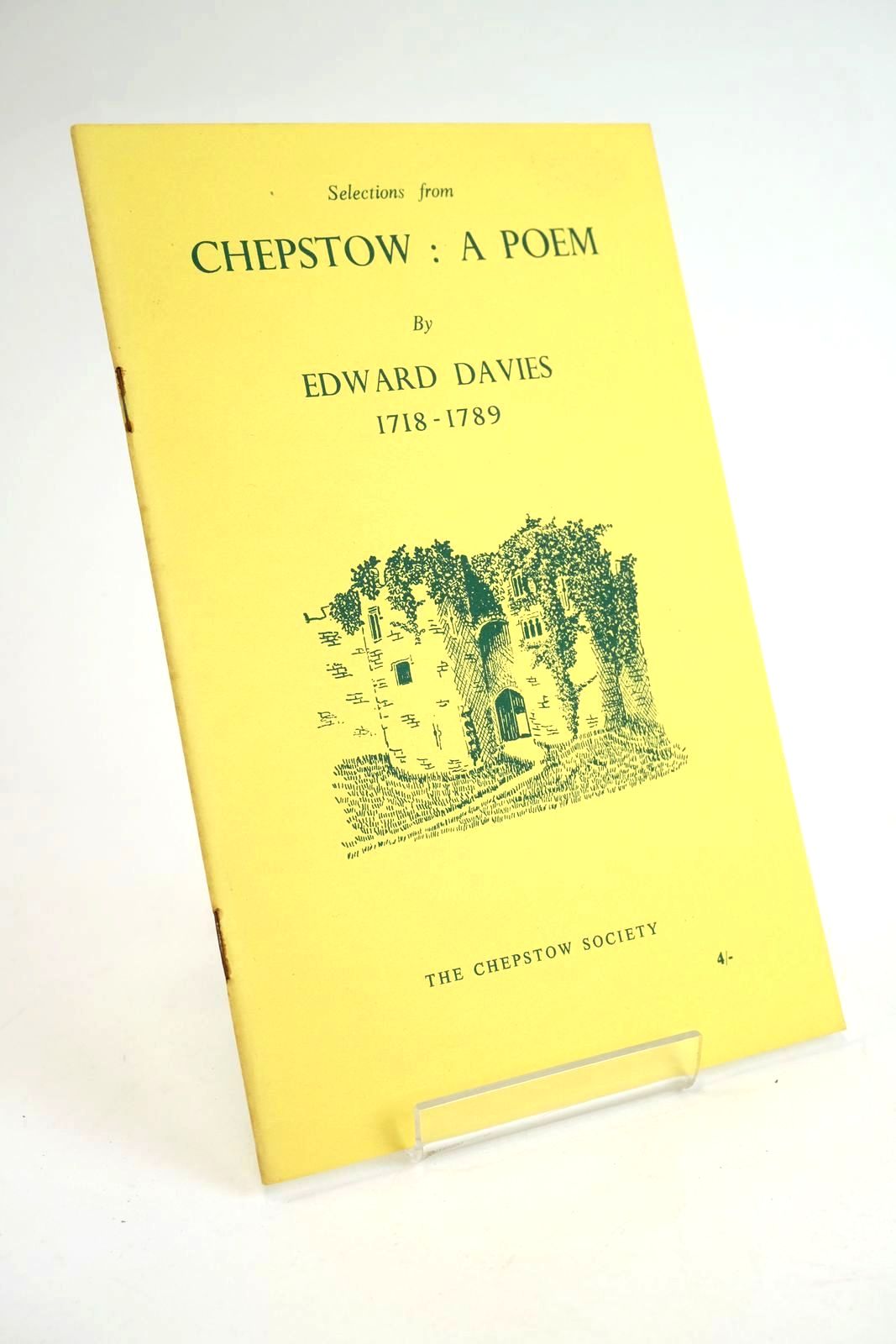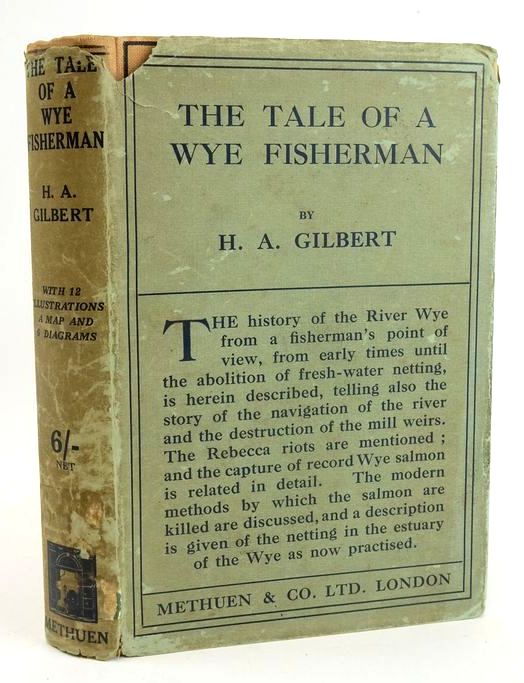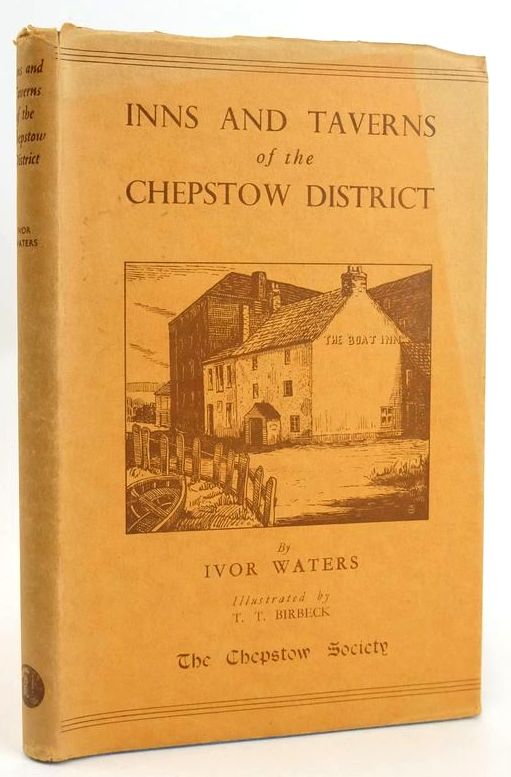William Wordsworth and The Wordsworth Walk
I am extremely lucky where I work, as the view from my desk overlooks Tintern Abbey and the surrounding Wye Valley countryside which is stunning. I was aware of a poem called “A Few Miles above Tintern Abbey” written by William Wordsworth so thought it would be interesting to find out a bit more about it.
William Wordsworth was born in 1770 in the Lake District town of Cockermouth and was the second of five children. Both his parents had died before he was fifteen, so the children were left in the care of different relatives. It was in 1795, when he received a legacy from a close relative, that he and his sister Dorothy moved to Dorset and two years later moved to Somerset to be near the poet Samuel Coleridge. In 1799 they then moved to Grasmere in the Lake District, to Dove Cottage, and it is here that he wrote his famous poem “I Wandered Lonely as a Cloud”. In 1802 he married his childhood friend Mary Hutchinson and together they had five children. In 1813 they moved from Grasmere to Ambleside where he remained until his death in 1850 aged eighty.
Together, William Wordsworth and Samuel Coleridge helped launch the Romantic Age in English literature. The most influential piece they wrote together, with help from his sister Dorothy, was a collection of poems called Lyrical Ballads in 1798. These were poems which opened with Coleridge’s “The Rime of the Ancient Mariner” and closed with Wordsworth’s Lines written a “Few Miles Above Tintern Abbey”.
Poems in the First Edition (1798)
(Poems marked "Coleridge" were written by Coleridge; all the others by Wordsworth)
- The Rime of the Ancyent Marinere (Coleridge)
- The Foster-Mother’s Tale (Coleridge)
- Lines left upon a Seat in a Yew-tree which stands near the Lake of Esthwaite
- The Nightingale, a Conversational Poem (Coleridge)
- The Female Vagrant
- Goody Blake and Harry Gill
- Lines written at a small distance from my House, and sent by my little Boy to the Person to whom they are addressed
- Simon Lee, the old Huntsman
- Anecdote for Fathers
- We are seven
- Lines written in early spring
- The Thorn
- The Last of the Flock
- The Dungeon (Coleridge)
- The Mad Mother
- The Idiot Boy
- Lines written near Richmond, upon the Thames, at Evening
- Expostulation and Reply
- The Tables Turned; an Evening Scene, on the same subject
- Old Man Travelling
- The Complaint of a Forsaken Indian Woman
- The Convict
- Lines written a few miles above Tintern Abbey
The story of Wordsworth’s early life – his schooldays, his education at Cambridge, his travels in France, his love of his sister Dorothy and his passionate friendship with Coleridge are told in his autobiographical work, The Prelude. He began the work in 1798 and never gave it a proper title but his sister Dorothy knew of it as the “Poem to Coleridge". Dorothy published the work three months after his death and gave it the title “The Prelude”.
Going back to the poem now, I discovered that he composed it in 1798 whilst on a four-day tour of the Monmouthshire area with his sister Dorothy. He had visited the area five years previously and apparently was so taken with the scenery that he composed the poem in just one day. Today the poem is more commonly called “Tintern Abbey” even though the abbey does not actually feature in the poem
"Five years have past;
five summers, with the length of five long winters!
And again, I hear these waters, rolling from their
mountain-springs with a soft inland murmur".
It is said that the inspiration for the poem came from a viewpoint above the village of Llandogo which is a little way on from the actual Abbey in Tintern. If you walk from the top of Llandogo along to Whitestone Park on the Wye Valley Trail there are benches for you to enjoy the view, and it is here where Wordsworth is said to have got his inspiration.
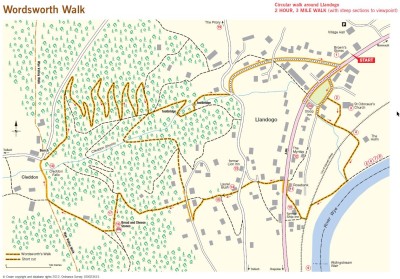
Because of his association with the area there is also a walk named after him. The Wordsworth Walk is a circular walk which is approximately three miles long and takes about two hours depending on how energetic you are. It starts in Llandogo and follows the River Wye and then up a steep hill towards Cleddon. On the way up there are stones called Bread and Cheese stones and the residents of Cleddon would, back in the day, sit on them to see if they could spot boats laden with cargoes coming up the River Wye from the village of Brockweir. If they did, they would race down to the quay (which has now gone) to unload them. Even now on the walk, you can imagine horses and donkeys using the path years ago to carry goods up from the river - it has not changed at all.
It comes as no surprise that the local area is steeped in history. The river Wye was the centre of most things – such as boat building and the transportation of goods. In addition to this, there were wireworks at Tintern as well as Tintern Abbey, tin-plate works at Redbook, paper-mills at Whitebrook, lots of public houses to refresh the workers and an important railway line which has now sadly gone.
I doubt if many of the views have barely changed at all since Wordworth’s day and I am sure that out of all the incredible viewpoints that are in the area, Wordsworth would have ventured up to Devils Pulpit to have taken in the view of the Abbey. Devil’s Pulpit sits along the Offas’ Dyke path, and you can get to it from Tintern over the wireworks bridge or from Chepstow.
With views like this you can certainly see why Wordsworth was so inspired.
If you have never read the poem before, here it is in its entirety - enjoy!
Five years have past, five summers, with the length
Of five long winters! and again I hear
These waters, rolling from their mountain-springs
With a soft inland murmur. - Once again
Do I behold these steep and lofty cliffs,
That on a wild secluded scene impress
Thoughts of more deep seclusion; and connect
The landscape with the quiet of the sky.
The day is come when I again repose
Here, under this dark sycamore, and view
These plots of cottage-ground, these orchard-tufts,
Which at this season, with their unripe fruits,
Are clad in one green hue, and lose themselves
'Mid groves and copses. Once again I see
These hedge-rows, hardly hedge-rows, little lines
Of sportive wood run wild: these pastoral farms,
Green to the very door; and wreaths of smoke
Sent up, in silence, from among the trees!
With some uncertain notice, as might seem
Of vagrant dwellers in the houseless woods,
Or of some Hermit's cave, where by his fire
The Hermit sits alone.
These beauteous forms,
Through a long absence, have not been to me
As is a landscape to a blind man's eye:
But oft, in lonely rooms, and 'mid the din
Of towns and cities, I have owed to them,
In hours of weariness, sensations sweet,
Felt in the blood, and felt along the heart;
And passing even into my purer mind,
With tranquil restoration: - feelings too
Of unremembered pleasure: such, perhaps,
As have no slight or trivial influence
On that best portion of a good man's life,
His little, nameless, unremembered, acts
Of kindness and of love. Nor less, I trust,
To them I may have owed another gift,
Of aspect more sublime; that blessed mood,
In which the burthen of the mystery,
In which the heavy and the weary weight
Of all this unintelligible world,
Is lightened: - that serene and blessed mood,
In which the affections gently lead us on, -
Until, the breath of this corporeal frame
And even the motion of our human blood
Almost suspended, we are laid asleep
In body, and become a living soul:
While with an eye made quiet by the power
Of harmony, and the deep power of joy,
We see into the life of things.
If this
Be but a vain belief, yet, oh! how oft -
In darkness and amid the many shapes
Of joyless daylight; when the fretful stir
Unprofitable, and the fever of the world,
Have hung upon the beatings of my heart -
How oft, in spirit, have I turned to thee,
O sylvan Wye! thou wanderer thro' the woods,
How often has my spirit turned to thee!
And now, with gleams of half-extinguished thought,
With many recognitions dim and faint,
And somewhat of a sad perplexity,
The picture of the mind revives again:
While here I stand, not only with the sense
Of present pleasure, but with pleasing thoughts
That in this moment there is life and food
For future years. And so I dare to hope,
Though changed, no doubt, from what I was when first
I came among these hills; when like a roe
I bounded o'er the mountains, by the sides
Of the deep rivers, and the lonely streams,
Wherever nature led: more like a man
Flying from something that he dreads than one
Who sought the thing he loved. For nature then
(The coarser pleasures of my boyish days,
And their glad animal movements all gone by)
To me was all in all. - I cannot paint
What then I was. The sounding cataract
Haunted me like a passion: the tall rock,
The mountain, and the deep and gloomy wood,
Their colours and their forms, were then to me
An appetite; a feeling and a love,
That had no need of a remoter charm,
By thought supplied, nor any interest
Unborrowed from the eye. - That time is past,
And all its aching joys are now no more,
And all its dizzy raptures. Not for this
Faint I, nor mourn nor murmur; other gifts
Have followed; for such loss, I would believe,
Abundant recompense. For I have learned
To look on nature, not as in the hour
Of thoughtless youth; but hearing often-times
The still, sad music of humanity,
Nor harsh nor grating, though of ample power
To chasten and subdue. And I have felt
A presence that disturbs me with the joy
Of elevated thoughts; a sense sublime
Of something far more deeply interfused,
Whose dwelling is the light of setting suns,
And the round ocean and the living air,
And the blue sky, and in the mind of man:
A motion and a spirit, that impels
All thinking things, all objects of all thought,
And rolls through all things. Therefore am I still
A lover of the meadows and the woods,
And mountains; and of all that we behold
From this green earth; of all the mighty world
Of eye, and ear, - both what they half create,
And what perceive; well pleased to recognise
In nature and the language of the sense
The anchor of my purest thoughts, the nurse,
The guide, the guardian of my heart, and soul
Of all my moral being.
Nor perchance,
If I were not thus taught, should I the more
Suffer my genial spirits to decay:
For thou art with me here upon the banks
Of this fair river; thou my dearest Friend,
My dear, dear Friend; and in thy voice I catch
The language of my former heart, and read
My former pleasures in the shooting lights
Of thy wild eyes. Oh! yet a little while
May I behold in thee what I was once,
My dear, dear Sister! and this prayer I make,
Knowing that Nature never did betray
The heart that loved her; 'tis her privilege,
Through all the years of this our life, to lead
From joy to joy: for she can so inform
The mind that is within us, so impress
With quietness and beauty, and so feed
With lofty thoughts, that neither evil tongues,
Rash judgments, nor the sneers of selfish men,
Nor greetings where no kindness is, nor all
The dreary intercourse of daily life,
Shall e'er prevail against us, or disturb
Our cheerful faith, that all which we behold
Is full of blessings. Therefore let the moon
Shine on thee in thy solitary walk;
And let the misty mountain-winds be free
To blow against thee: and, in after years,
When these wild ecstasies shall be matured
Into a sober pleasure; when thy mind
Shall be a mansion for all lovely forms,
Thy memory be as a dwelling-place
For all sweet sounds and harmonies; oh! then,
If solitude, or fear, or pain, or grief,
Should be thy portion, with what healing thoughts
Of tender joy wilt thou remember me,
And these my exhortations! Nor, perchance -
If I should be where I no more can hear
Thy voice, nor catch from thy wild eyes these gleams
Of past existence - wilt thou, then forget
That on the banks of this delightful stream
We stood together; and that I, so long
A worshipper of Nature, hither came
Unwearied in that service: rather say
With warmer love - oh! with far deeper zeal
Of holier love. Nor wilt thou then forget
That after many wanderings, many years
Of absence, these steep woods and lofty cliffs,
And this green pastoral landscape, were to me
More dear, both for themselves and for thy sake!
Contributed by Lisa
(Published on 31st Jul 2024)



